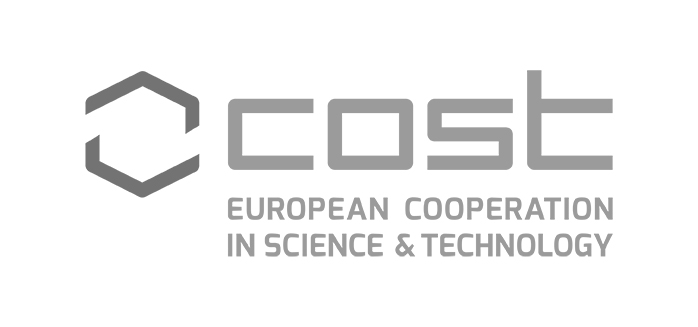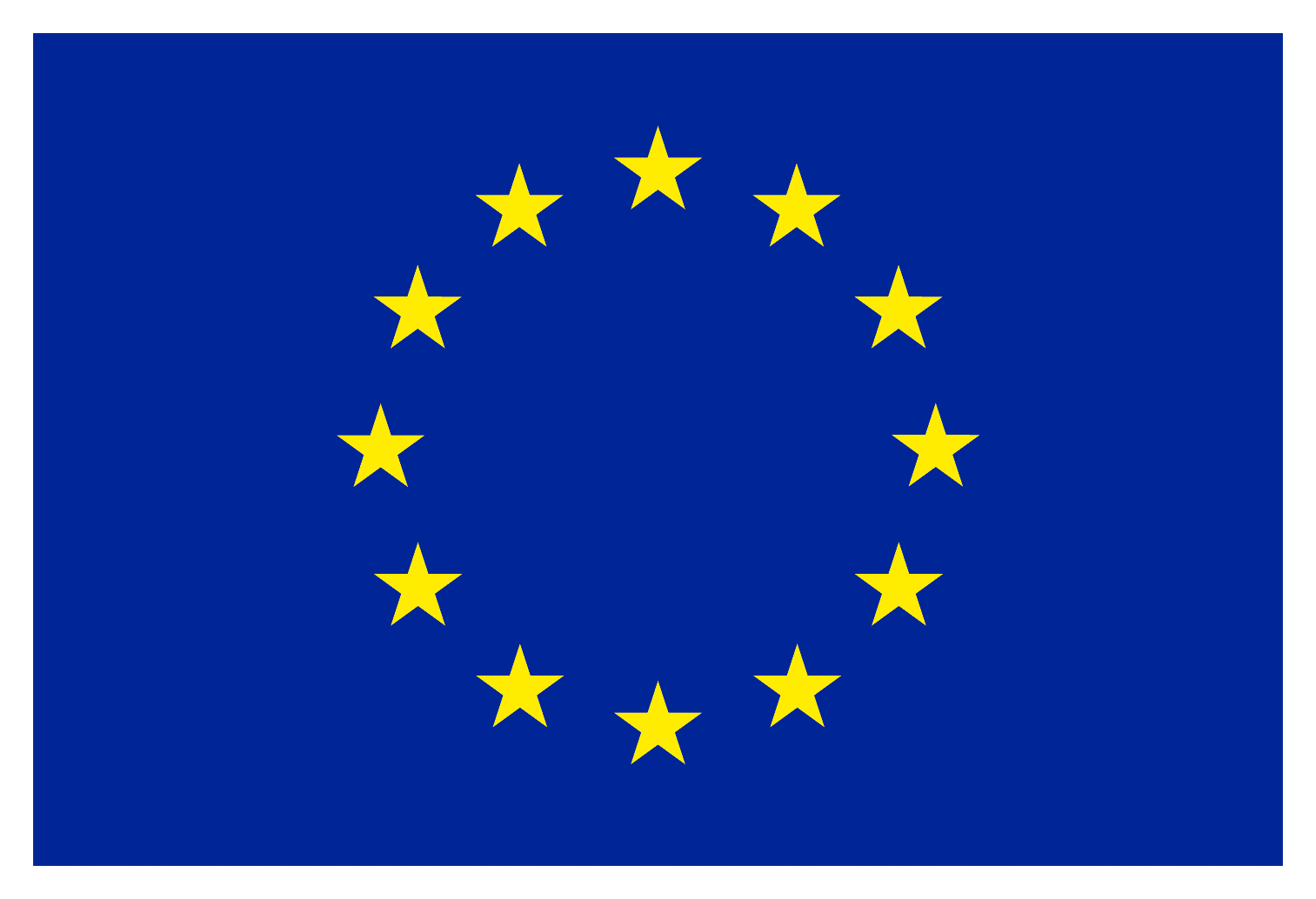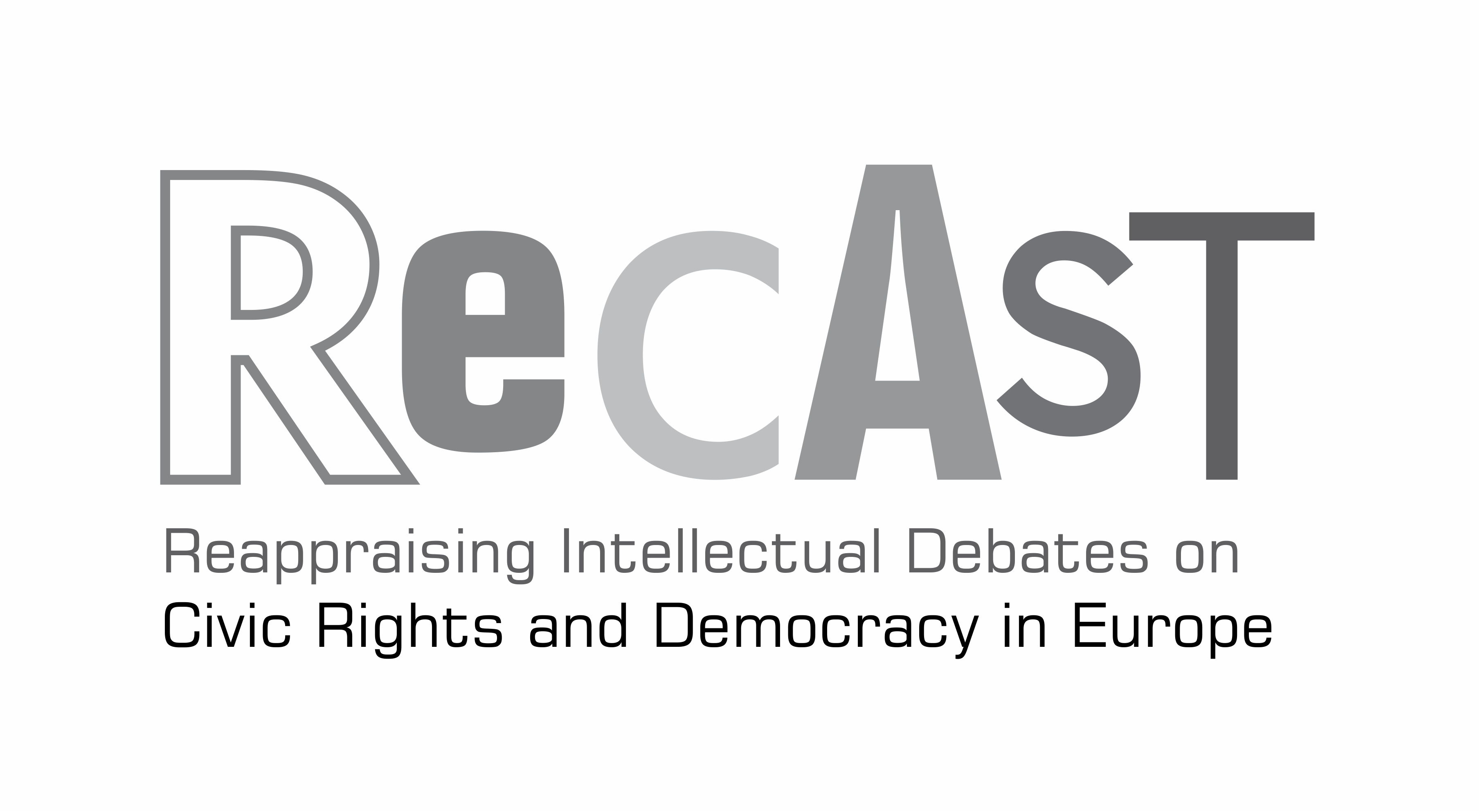WG 2 Workshop 3
COST Action CA 16211 RECAST
Reappraising Intellectual Debates on Civic Rights and Democracy in Europe
Languages and Ideologies 3
Co-organised with the research project Civic Constellation III: Democracy, Constitutionalism, and Anti-Liberalism (Spain's Research Fund, PGC2018-093573-B-I00), this third workshop of RECAST Working Group 2: Languages and Ideologies, is programmed for 21-22 June 2021 as an online event.
Convened by Rosario López (University of Málaga), Lenka Strnadová (University of West Bohemia), Martin Beckstein (University of Zurich) and Eno Trimçev (University of Greiswald), it is focused on Liberalism and Conservatism as Ideological Counterparts.
Report
The third workshop of Working Group 2: Languages and Ideologies was titled Liberalism and Conservatism as Ideological Counterparts. This two-day workshop was held online, 21–22 June 2021, under the auspices of the Department of Politics & International Relations of the University of West Bohemia and the University of Malaga. It was jointly convened by Rosario López (University of Málaga), Lenka Strnadová (University of West Bohemia), Martin Beckstein (University of Zurich), and Eno Trimçev (University of Greifswald).
Building intensely upon the previous two workshops on liberalism, conservatism respectively, the workshop was conceived as a publication-oriented event bringing together and revising main points of discussion that originated in previous events. More specifically, it examined both liberalism and conservatism as historical and normative counterparts, that is, as they function like ideological mirrors to each other. The emphasis was on how ideological moves and redescriptions consider and reformulate opposition, on dialogical strategies and adversarial rhetorics –all key features in the interplay of liberalism and conservatism. It showcased the fluid and constantly evolving character of these ideologies and their narratives and their contested nature and boundaries. The workshop provided ground for a variety of disciplines and approaches (normative and historical political theory, empirical political science, political philosophy) to exchange and feed into each other’s findings.
The workshop was structured to provide enough time for an in-depth discussion over the pre-circulated mature drafts of papers and to contribute substantially to the formation of the foreseen joint publication. For that sake, each of the seven papers was allocated a 60-minute session. Each of the sessions was opened by brief author’s introductory remarks followed by comments, feedback, and debate with the rest of the participants. Altogether, there were nine participants to the workshop, representing institutions from the Czech Republic, Germany, Spain, Switzerland, and the US.
On 21 June, three sessions were scheduled. In the first session, the participants discussed the paper “The ‘Constitution of Liberty’ in Liberal and Conservative Thought” by Eno Trimçev (University of Greifswald). This was followed by the second session dedicated to debating the paper “Radical Conservatism and the Liberal Question – The Radicalization of 19th Century German Conservatism” by Tobias Adler-Bartels (University of Göttingen). The programme of day one was closed by the session over the paper “The Ideological Interplay of British Liberalism and Conservatism in the Literature: The Case of Richard Cobden and Free Trade” by Rosario López (University of Málaga).
On 22 June, four sessions were scheduled. The morning programme started with the session on the paper “Being Liberal in a Counter-Intuitive Way in Spain: The Puzzling Condition of the Citizens Party” by José María Rosales (University of Málaga). The second morning session of the day brought the discussion of the paper “The ‘Liberalism of Fear’ and the Spectre of Conservatism: Shklar’s Skepticism Revisited” by Rieke Trimçev (University of Greifswald).
After the lunch break, the programme continued with a session dedicated to the paper “The (Ab)Use of Strauss: ʻClaremonstersʼ in Defence of Trump” by Claudia Franziska Brühwiler (University of St. Gallen). In the final session of the day, the participants debated the paper “The Dynamics of Coalitional Politics and Israel’s Conservativism” by Benjamin Schvarcz (Princeton University).
The workshop closed with final remarks, underlining the outstanding quality and depth of discussions and the dedication of all participants throughout all sessions. The participants found high value in the workshop’s contribution to their planned publication efforts. As part of the follow-up to the workshop, all authors received written summary feedback to their draft papers.
(Please note this report complements the programme.)
Rosario López, University of Málaga
Lenka Strnadová, University of West Bohemia
 |  |  |  |



